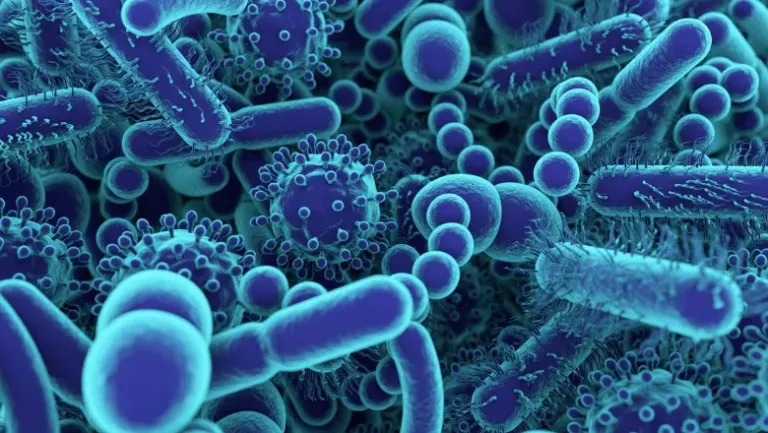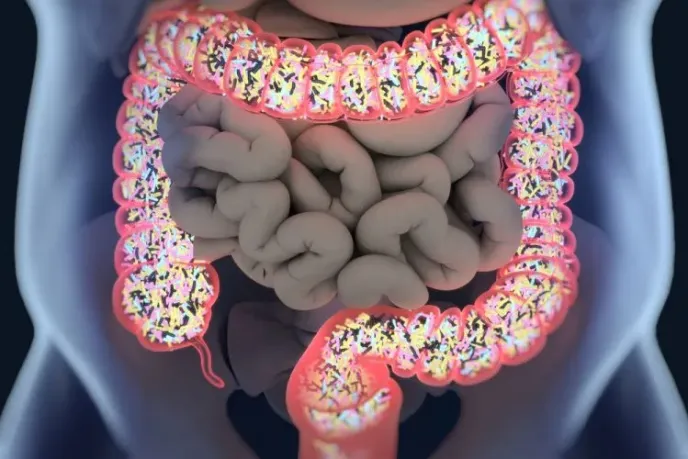Could a Simple Vitamin Be the Secret to Treating Parkinson’s?

What if the fight against Parkinson’s disease wasn’t just happening in the brain — but also deep in the gut?
A wave of new research suggests that the trillions of microbes living in our digestive system may hold surprising answers to one of the world’s toughest neurological puzzles. And the key may come down to something deceptively simple: B vitamins.
The Gut Connection
For decades, doctors have wondered why the earliest signs of Parkinson’s often appear outside the brain. Constipation, loss of smell, disrupted sleep — they sometimes precede tremors and memory issues by years.
The missing piece, researchers now believe, lies in the gut microbiome. When certain bacteria disappear, the body’s natural supply of riboflavin (B2) and biotin (B7) drops. Without these vitamins, the gut barrier weakens, inflammation rises, and toxins may slip into the bloodstream — creating conditions that can damage the brain.

A Global Study Points to the Same Culprit
A groundbreaking project at Nagoya University in Japan compared stool samples from patients with Parkinson’s and healthy volunteers across five countries: Japan, China, Taiwan, Germany, and the U.S.
Despite cultural and dietary differences, the pattern was consistent: Parkinson’s patients were missing the bacteria that make B2 and B7.
According to lead researcher Dr. Hiroshi Nishiwaki, analyzing gut bacteria could help identify deficiencies early — opening the door to treatments as simple as targeted vitamin supplementation.
Why B2 and B7 Matter
These aren’t minor nutrients. Riboflavin and biotin are essential for producing short-chain fatty acids (SCFAs) and polyamines — compounds that keep the intestinal wall strong.
When supplies run low, the gut lining thins and harmful particles leak through, triggering chronic inflammation. Over time, this appears to promote the buildup of alpha-synuclein, the protein associated with the nerve cell damage that drives Parkinson’s.
Early Clinical Clues
This isn’t just theory. As far back as 2003, a small clinical trial found that high-dose riboflavin improved motor function in some Parkinson’s patients, particularly when combined with dietary changes such as reducing red meat.
More recent research suggests that correcting vitamin deficiencies might slow progression or delay onset — though experts caution that not all cases share the same biological roots.
Beyond Supplements: Diet and Microbiome Therapy
The vitamin findings fit into a larger movement that looks at the gut-brain axis as a powerful treatment target. Approaches include:
- High-fiber, plant-based diets that nurture beneficial bacteria
- Probiotics and prebiotics designed to restore microbial balance
- Fecal microbiota transplants, which animal studies show can reduce brain inflammation and improve motor skills
Together, these strategies suggest that future Parkinson’s care could combine medication with nutrition and microbiome support.
How Close Are We?
While the evidence is exciting, scientists urge caution. The gut-brain connection is complex, and what helps one patient may not work for another. Clinical trials are now exploring vitamin B supplementation, but self-prescribing high doses isn’t recommended — too much of certain vitamins can be harmful, especially for vulnerable patients.
Still, momentum is building. The gut microbiome, once a fringe topic in neurology, is quickly becoming a frontline focus. If researchers can fully map the interplay between bacteria, vitamins, and brain health, the result could be affordable, widely accessible treatments that tackle Parkinson’s at its roots.
The Bottom Line
Parkinson’s disease has long been seen as a purely neurological battle. But the science is shifting: supporting gut health and correcting vitamin deficiencies may become essential tools in both prevention and treatment.
For millions worldwide, the fight against Parkinson’s may begin not with surgery or complex drugs — but with nurturing the tiny microbial partners inside us.




